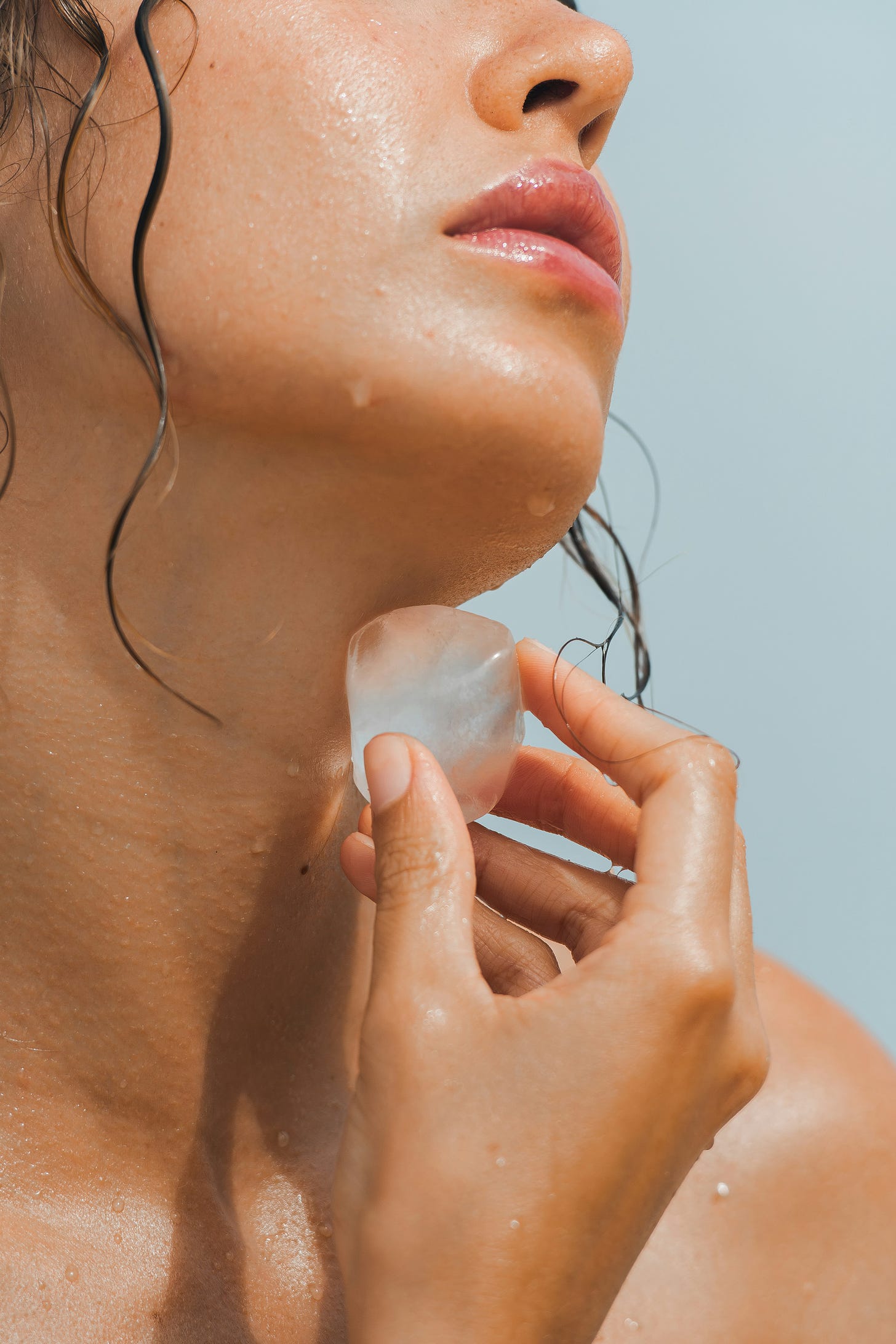Summer’s Here and the Time is Right for Melting in the Streets
Photo by Fellipe Ditadi for Unsplash+
Summer has always been my favorite season. In addition to the strong emotional connection I make between summer and academic freedom – freedom from academics, that is – I love baseball, cookouts, watermelon, walking barefoot in the grass, ice cream, and reading books just for fun.
These days, though, I find my appreciation for the season diminishing. My jubilation is tempered by temperatures rising to dizzying heights and swamp-like humidity. A brisk 15-minute walk to the grocery is an existential struggle against gravity: Each step feels like pulling up a 50-pound log. I can feel my strength dissipate, and with it any desire to exert myself in any way that is not absolutely necessary. Even my brain is muddled – finishing a thought is like swimming upstream in pea soup.
Is it me, or are summers more brutal than they used to be?
This is not an idle question. I pondered it, and I researched it, and I found answers. My investigations confirm that the answers are yes and yes. Yes, it is partly me – my Aging body can’t take extreme temperatures as well as it used to. And also yes, climate change is making summers hotter and more deadly than they ever have been.
Let’s talk about our bodies first. Older adults are at high risk of getting sick and even dying when temperatures rise. To be specific, adults aged 60 and older account for an estimated 80% of the 12,000 people who die annually of heat-related causes. Hyperthermia is the umbrella term for these illnesses, which include heat Stroke, heat edema (swelling feet and ankles), heat syncope (dizziness), heat cramps, and heat exhaustion.
Broken Thermostats
There are a number of reasons why this is so, all having to do with the aging process. The bottom line is our internal thermostat goes out of whack. It becomes much harder to cool down our bodies. Our sweat glands are less efficient. Our bodies hold more heat when temperatures climb. Our blood circulation is slower. A layer of fat just below the skin, which acts as insulation, thins out.
Compound these normal aspect of aging with certain medications, cardiovascular issues, high blood pressure, alcohol, obesity, or lung and kidney diseases, and you have high vulnerability to extreme and prolonged heat.
Broken Planet
But while our aging bodies make us more sensitive to temperature extremes, our planet keeps warming. Earth’s average surface temperature is warmer by 1 degree Celsius, or 1.8 degrees Fahrenheit, than it was in 1880. The overwhelming majority of scientists believe the cause is the steady accumulation of carbon dioxide and methane in the atmosphere due to burning fossil fuels. Average temperatures for 2010-2019 are the highest on record.
And let’s not forget good old garden-variety air pollution. The same fossil fuel burning that is creating climate change also increases pollutants, whether it’s dust from droughts, smoke from wildfires, ozone, or other particulate matter. Air pollution raises the risks for heart attacks in older adults, and it can worsen cases of asthma and COPD.
And if you happen to be sensitive to pollen, look out! Climate change has brought on earlier spring thaws, changes in rainfall, and concentrations of carbon dioxide in the air, all of which can lengthen the pollen season and make it more severe. The ragweed season is already lengthening in parts of the U.S.
Safety First
If you’re looking for venues in which to prove your ageless vitality, I strongly advise against challenging summer heat. We are talking about serious health risks. While nobody wants to spend the summer indoors 24/7, please consider a few sensible and scientifically approved precautions.
Stay hydrated. Drink enough water, at frequent intervals, to keep your body cool. Ask your doctor if you should drink fluids with extra electrolytes.
Stay in air-conditioning, if you have it. If you don’t, reach out to friends and family that do, or check out public cooling centers in your area.
Check air quality before going out. AirNow.gov provides daily reports on air quality by zip code. Search “weather today” on Google for real-time reports on humidity, temperature, rainfall, and any heat advisories.
Wear insect repellant to protect against tick and mosquito bites.
Don’t forget your sunscreen.
If the power goes out, do not stay home alone. Head for a cooling center or a friend.
Don’t stay outside too long. Take breaks to come inside, cool off, and drink fluids.
In other words, don’t pick a fight with Mother Nature – especially now that she’s displaying a cruel streak.
























